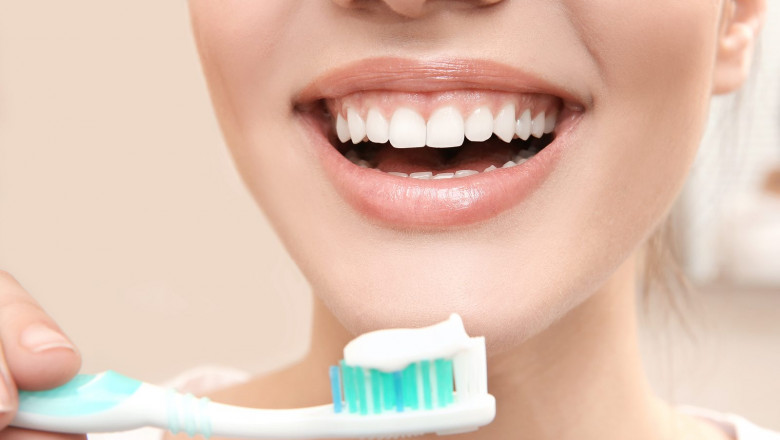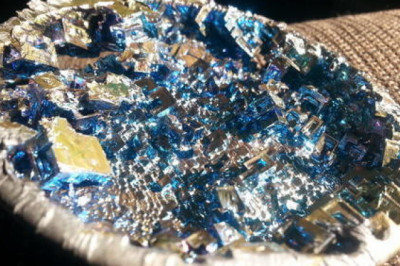views

7 Debunked Myths About Teeth and Gums That Should Be Addressed ASAP
The condition of your teeth and gums depends on many factors. The most important of them are oral hygiene, a healthy diet, and regular dental exams. However, many people spread various myths that can mislead you and improperly understand oral care. In this article, we have gathered seven debunked myths about teeth and gums that should be addressed ASAP.
1. You can brush your teeth once a day
Even though it is better to brush your teeth at least once a day rather than skip brushing at all, tooth brushing twice a day should be your must-do. The point is that bacteria in your mouth multiply all the time. If you don’t remove them a few times a day, they can overgrow and cause tooth decay, gum disease, and other unpleasant oral issues.
2. Flossing is not essential
Many people think that there is no need to use dental floss if they brush their teeth thoroughly. But you should understand that even the most thorough tooth brushing can’t guarantee that all debris is removed from your oral cavity. Additionally, food particles and dental plaque can get stuck in hard-to-reach places. In this case, dental floss or floss picks can help you keep your interdental space clean.
3. Stains on the teeth mean tooth decay
Indeed, dark grey or brown stains on the teeth can be a sign of developing tooth decay. However, there are a lot of conditions that can also make your teeth stained. For example, enamel erosion can manifest itself through yellow stains on the teeth where tooth enamel becomes thin and the yellowish dentin becomes exposed. Additionally, your teeth can become stained because of high-pigmented foods and drinks.
4. Sugar causes cavities
It is important to understand that sugar can promote the development of a cavity but it doesn’t eat away your tooth enamel. If you consume a lot of sweets and don’t maintain proper oral hygiene, bacteria in your mouth eat sugar and produce acids that soften and eat away your tooth enamel. That’s why it is important to limit the consumption of sweets or at least rinse your mouth with plain water after meals. This will help remove sugar and bacteria from your mouth.
5. Teeth whitening can ruin your tooth enamel
Many years ago, teeth whitening was a quite dangerous procedure since aggressive chemicals were used to bleach the teeth. These chemicals could damage tooth enamel and cause toothache. Fortunately, modern teeth whitening options are completely safe. However, it is better to undergo an in-office teeth whitening procedure or use teeth whitening kits that are approved by dentists. Otherwise, you can face unpredictable consequences.
6. You can visit a dentist only if you have some symptoms
Many people tend to make dental appointments only when they experience severe symptoms. Indeed, there is no reason to endure pain or other signs of dental issues. However, you should understand that regular dental examinations and timely treatment can help prevent the development of serious symptoms and complications. That’s why it is better to visit a dentist twice a year.
7. Gum disease occurs only because of poor oral hygiene
Even though poor oral hygiene is deemed the most common cause of gum disease, there are a lot of other factors that can contribute to this condition. For example, people with diabetes are more likely to develop gum disease. Additionally, if you have a family history of gum disease, you can also get gum disease. However, proper oral hygiene and regular dental check-ups can decrease your risk of gum disease and its complications.











